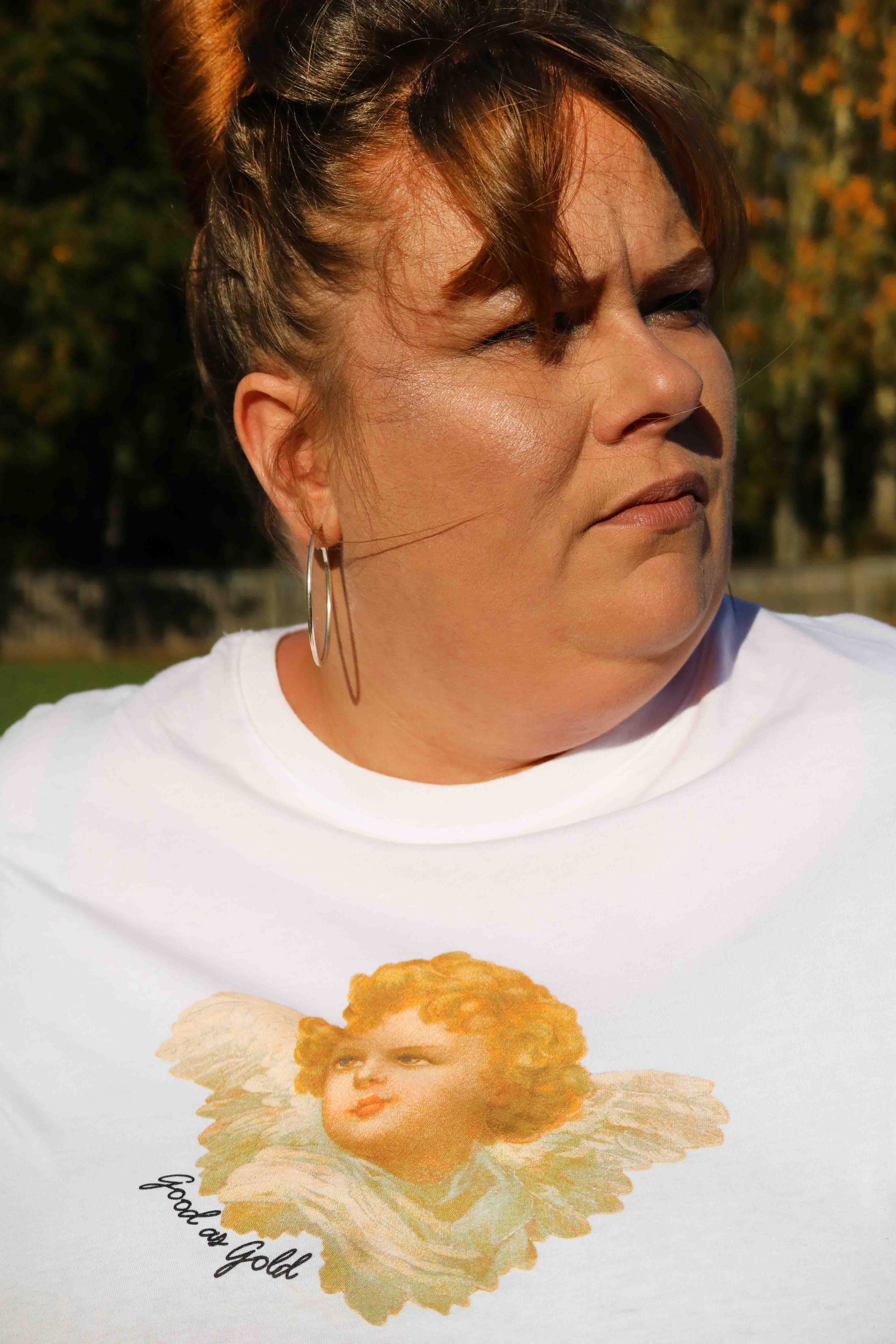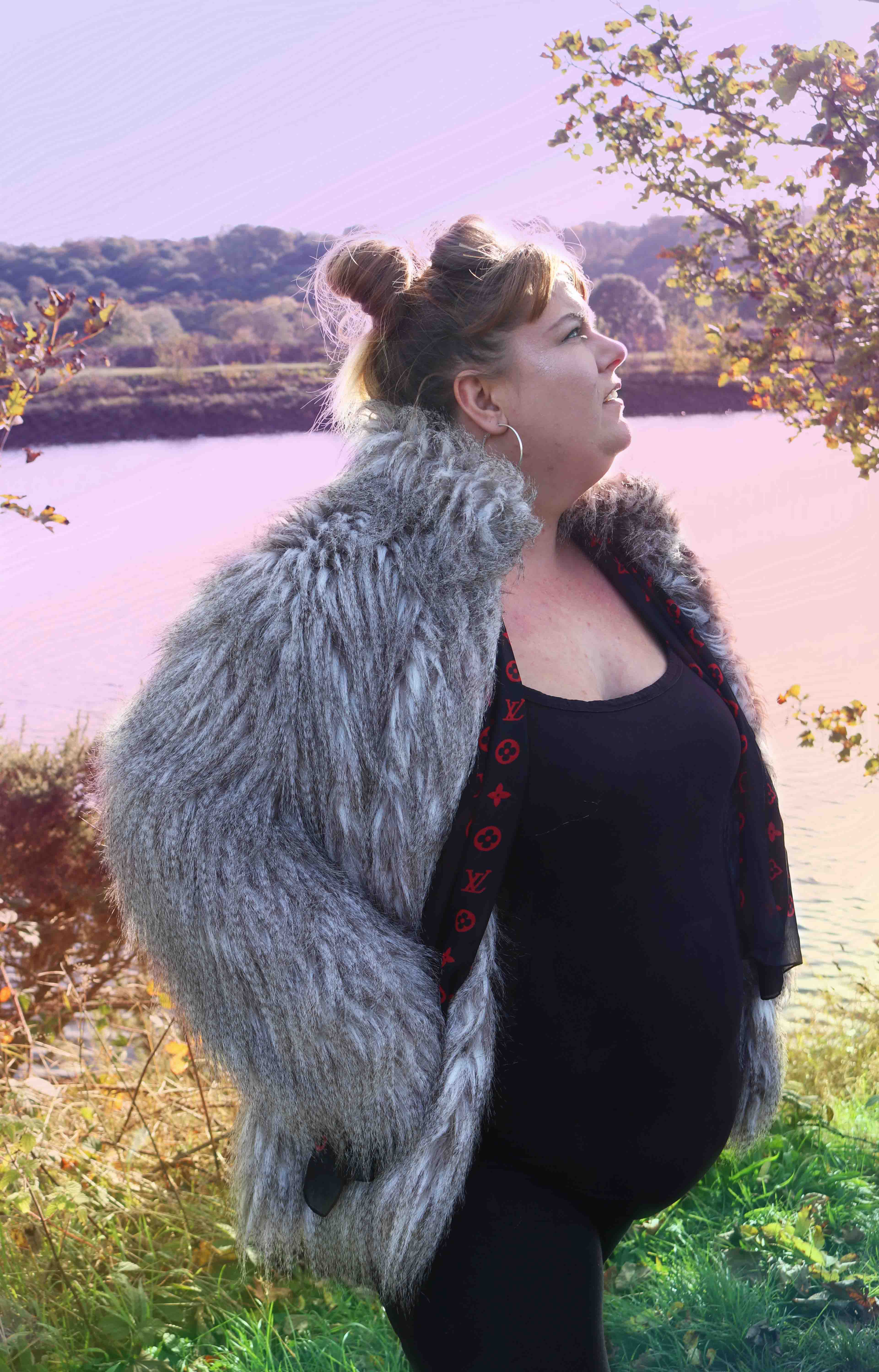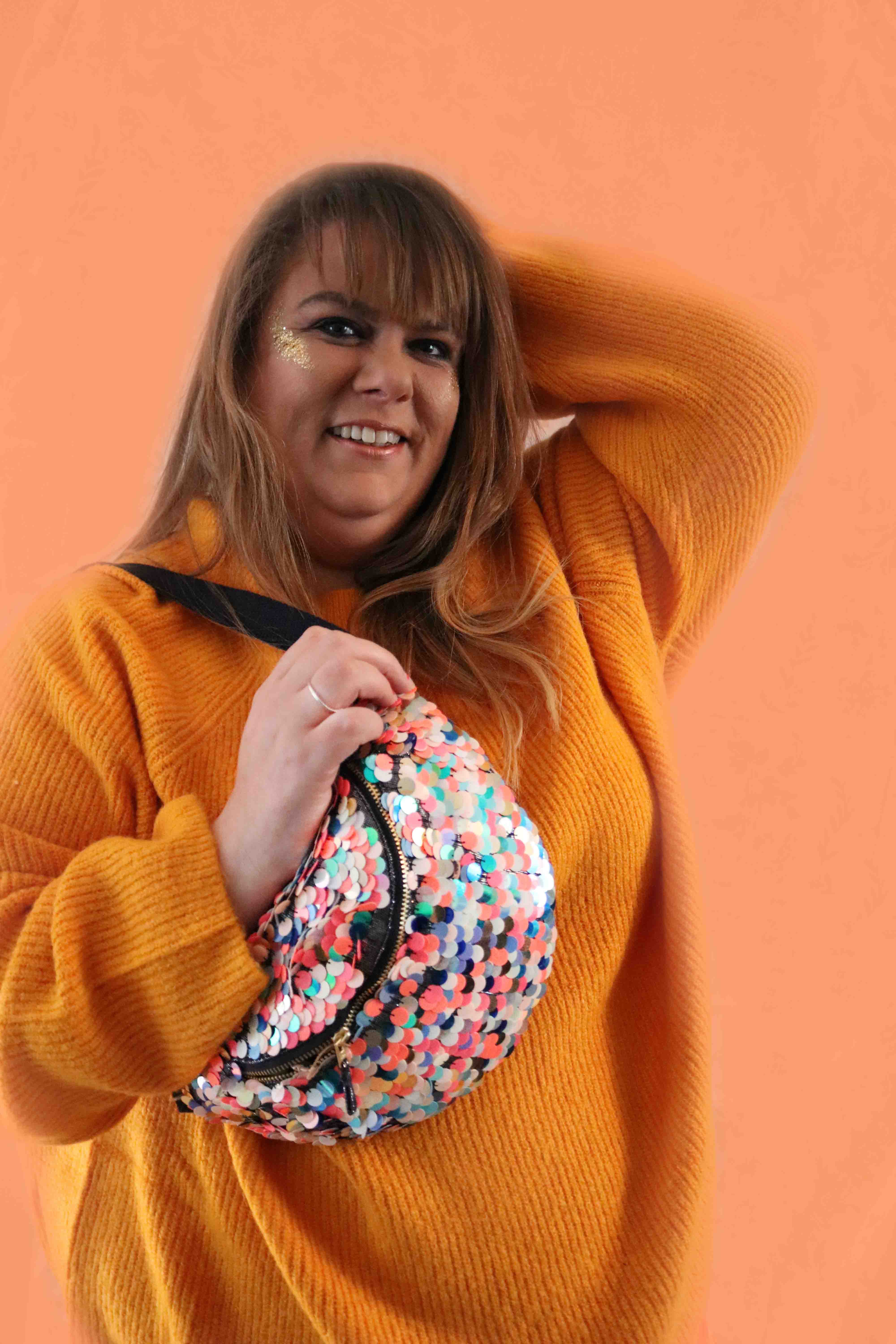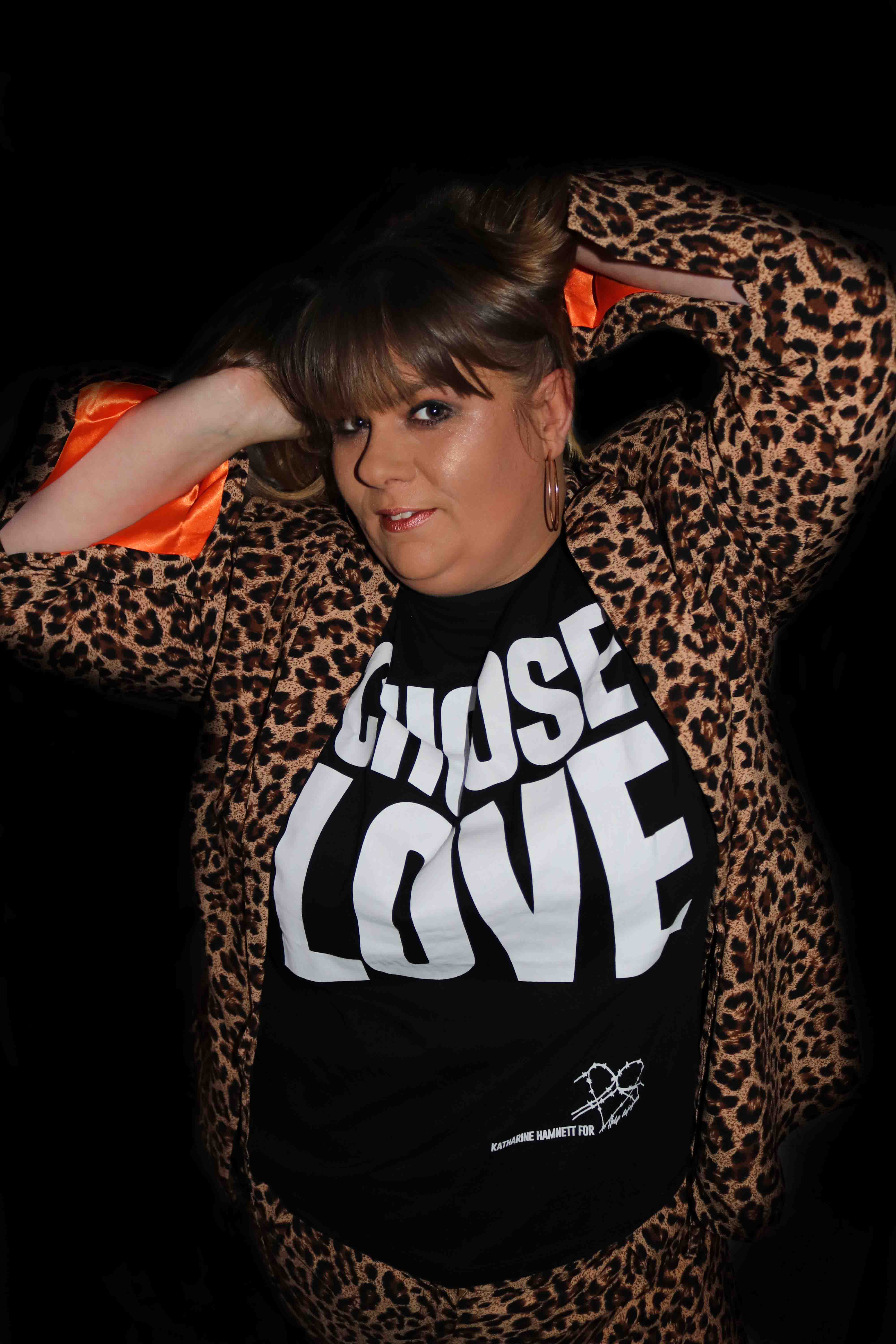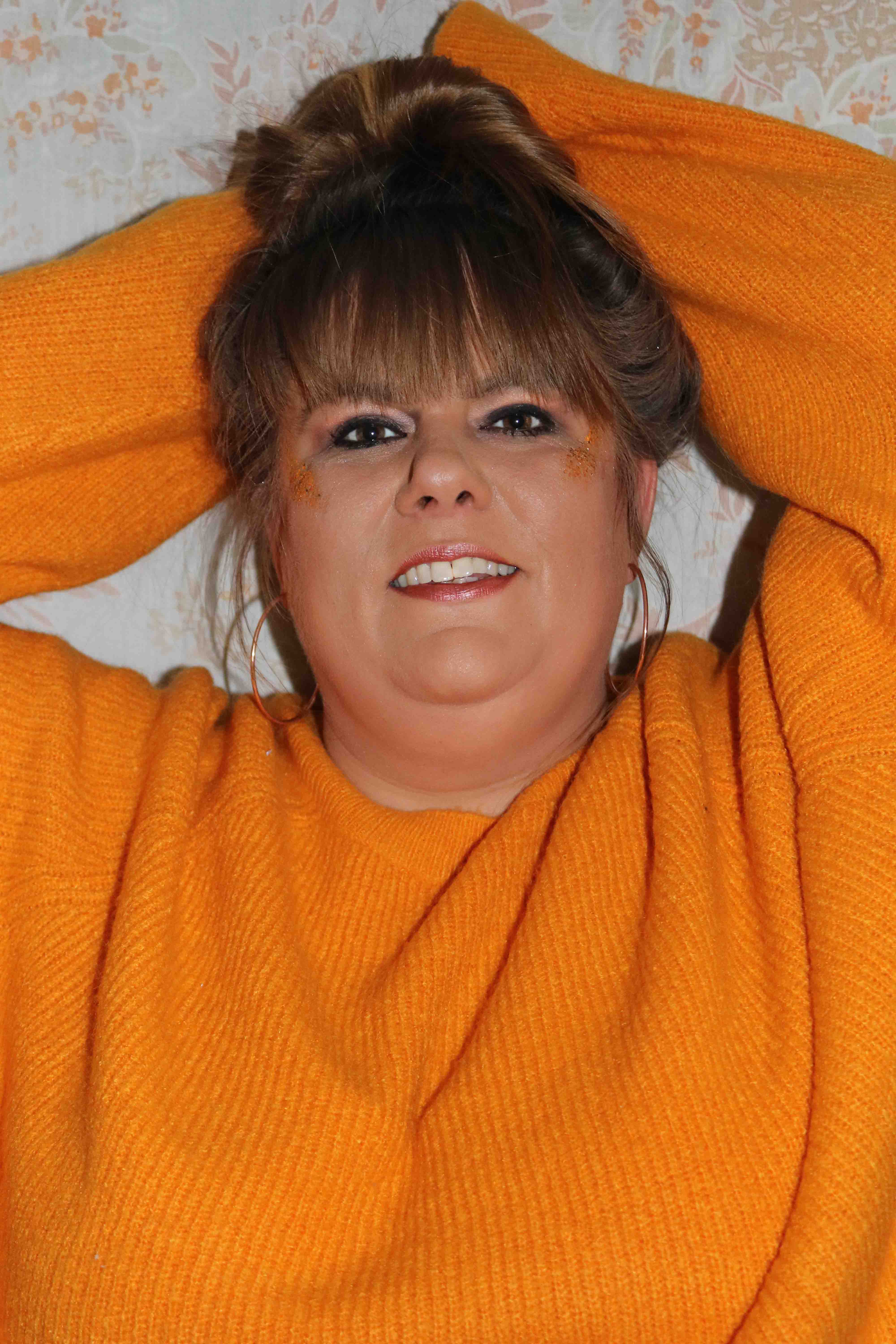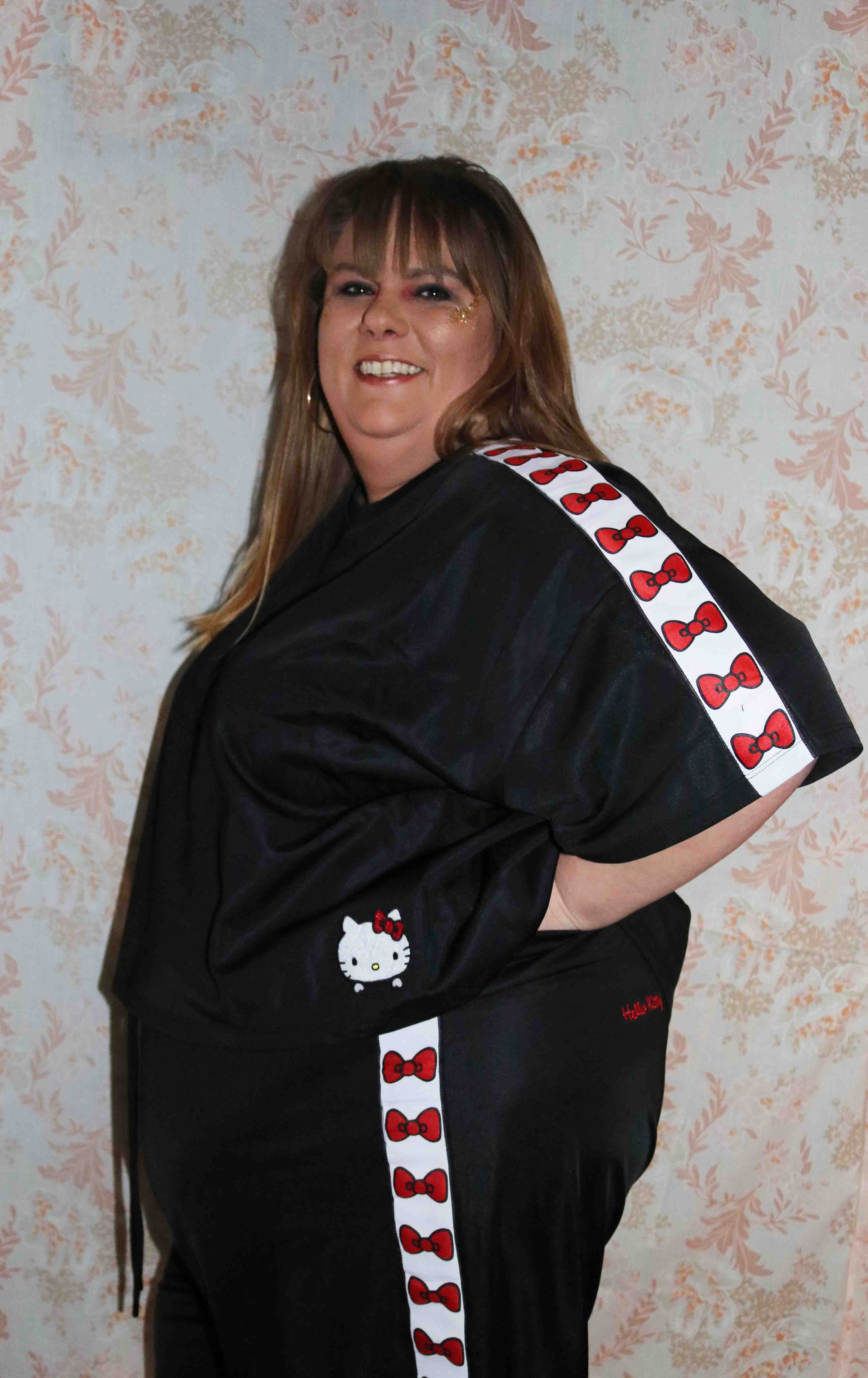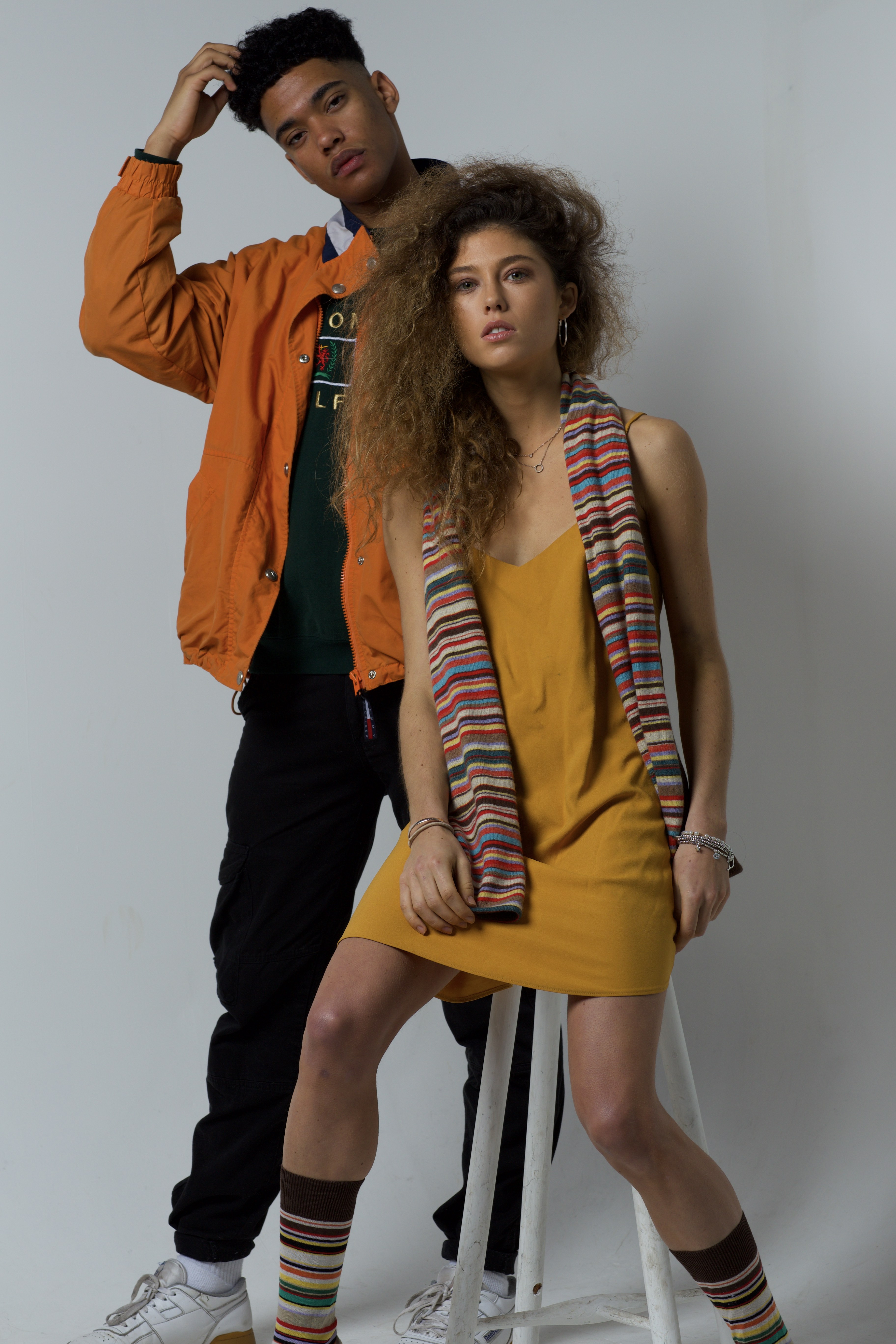Captured in the streets of London, Newcastle and York.

Imran Suleiman, 21, East London, Photographer.
Describe yourself…I like simple things. Laughing in sync with someone, being alone, or happy dreams that I remember. When do you feel most confident?… When I can be myself around people without judgement floating in the air. Describe your generation...The generation I’m from is the one of trends and deep social comparison. The generation I’m from is one of immigrants and takeaway shops. The generation I’m from is one of nostalgia and the Internet destroying traditional TV. Who do you consider to be the voice of your generation? … I come from a generation where anyone can have a voice because of the Internet, so it’s difficult to pinpoint it on one person. The voices of our generation are the ones we subscribe to and choose to give our time to, rather than 15/20 years ago when we had little choice in whose voices we were listening to, the internet has given us more choice to absorb information on our own accord. What change would you like to see in the world in 2018/19?…I’m not sure. My life is quite trivial and I barely pay attention to politics and the world around me too much so I wouldn’t know how to answer that question. What makes you hopeful for the future? … Accessibility to things and the ability to make and be whoever you are because of the internet and technology. It’s a hopeful time to be an aspiring filmmaker like myself because it’s getting easier and easier to make one. What is the most important thing happening in culture right now?… 6ix9ine is potentially getting a life sentence for pretending to live the life of a gangster when really, he should have been taking care of his daughter and making smarter decisions. Do you feel represented in society?… I come from East London which is a hugely multi-cultural society, even taking London as a whole it is quite a representative of my life and my passions, so I would say so yes. This is your chance to speak out. What have you got to say?… Life after graduation is one of uncertainty, especially for a freelancer like myself trying to financially survive and be happy, but I enjoy the grind and I hope I can be successful in whatever it is that I do.

Simone Watikel, 21, Newcastle, Student.
Describe yourself…I am a creative, conscientious, approachable, self-aware and hardworking young black woman. When do you feel most confident? … I’m a writer and I love to create new articles on my blog page ‘Ethereal Truth’ about many of society’s underlying and ignored issues. So, for me, I’d say that I feel most confident when I’ve produced a new piece. I only put my writing out for praise or critique when I feel proud and happy with it and so, that’s when I’d say I am most confident. When I feel as though I’ve achieved something which will help to positively influence the world and hopefully make even one small change. Describe your generation… I think our generation is very obsessed with social media and technology and as a result, are becoming self-absorbed and more concerned with life on screen, rather the world off-screen. We’re constantly comparing our lives to others and I think this is massively detrimental to the mental health of this generation. Of course, there are many generational activists trying to make a difference, though I think there are also too many people who try to keep up the façade of being ‘woke’ because they see it as trendy. Being ‘woke’ and ‘conscious’ is fashionable on social media, but upholding that image is futile if you aren’t upholding these same ideals and helping to better the world around us. Who do you consider to be the voice of your generation?…l I’m not sure I’d say there is a voice of our generation and I do think that’s a big issue. Our generation is dependant on role models of the past in order to progress. We always refer to our ancestors’ actions in their society, but we too will be ancestors. It’s a cycle and we need to try and create a world that we would be happy for our children to live in. We will be who the future generations look to, to inform their present. Role models of previous generations should definitely have huge influences on the 21st century, but I don’t there is really a voice of my generation that is directly informing us and the situations we are confronted with. What change would you like to see in the world in 2018/19?… I would really like the big issues of racism, sexism, homophobia and colourism – amongst many others – to be expunged. However, hopefully it’s not too cynical to say that I’m not sure this will be accomplished within the next year. What I would really like to see is people being kinder to one another. People are so wrapped up in social media and absorbed in their own lives, that sometimes it becomes easy to overlook or to forget to check in on others. Kindness is free. Check up on your friends and family and don’t be afraid to do a selfless good deed. What makes you hopeful for the future?… I think I’m most hopeful for the future, when I look at the people around me – particularly those on my course – actively trying to make a difference. There is such an emphasis now on allowing all voices, even the oppressed and marginalised, to be heard. Hopefully in the future, with movements like ‘#MeToo’ these voices will not be silenced but will be treated with respect. What is the most important thing happening in culture right now?… I think the most important thing happening in culture right now is that black people are representing themselves in the music industry. They are no longer relying on big music producers to get their name in the charts, but instead, are relying on the support of their community. There’s been a big influx of African music which is frequently played on the radio and its great music of our heritage being widely accepted, as well as seeing how black artists influence other music styles. Do you feel represented in society?… To an extent. Society is very concerned with trying to appear representational and thus, you see more black people on television and in the media, than you would have done 50 years ago. But, I think these representations are still very limiting. Often, the black women portrayed on screenplay into stereotypes, or the media chooses only to include lighter-skinned black women. I recognise that there are more people of colour on our screens, but I think the media need to recognise that the images they are showcasing, are not representative of a variety of people of colour. This is your chance to speak out. What have you got to say?…I really want to emphasise to my generation the importance of voting. In the last referendum, it remained shocking for me to see the lack of 18-24-year-olds who voted. You might not be into politics, but you should be concerned with your future. The things that are currently being discussed by the PM and MP’s will affect us. There were a lot of elderly people who voted in the referendum, but this is not their future. It’s ours. The decisions being made now will affect us, our children and families. Vote.

Angelee Kholia, 22, West London, Magazine Editor.
Describe yourself… Adventurous, fun, creative, willing to try new thingsWhen do you feel most confident? …I feel the most confident and undefeatable when I’ve dressed my best and wearing my favourite clothes. I believe that when you dress your best, you act more out-going and confident. Describe your generation…Often too attached to their phones and devices, and too consumed on modelling themselves to this ideal that celebrities paint on social media. But on a positive note, I’d like to think that a lot of young individuals are using their voice more to fight for things they believe in. Who do you consider to be the voice of your generation?… A few people- Florence Given, Jack Harries, Simran Randawa What change would you like to see in the world in 2018/19?… More changes within governments and companies to combat environmental issues. More social justice for women in the world. But, personally, I would like to see more platforms and programmes in place for graduates. It’s so hard to get a job in this economic climate, that jobs for graduates are limited and opportunities are slim. What makes you hopeful for the future?… Young people using their voices more whether that’s in relation to political, educational or environmental issues. It makes me hopeful that the world will be a progressive and better place in the future, I fully believe in and trust youngsters. What is the most important thing happening in culture right now?… More people of colour and LGBTQ communities getting recognition for their work and gaining more space in the media. It’s great to see! This is your chance to speak out. What have you got to say?… Be true to who you are, it will see you well. There are so many people on this planet but there’s only one of you. Being yourself is unique and will catch the eye of future employers and potential business partners.

Alizeh Shaikh, 23, York, Doctor.
Describe yourself…I always describe myself as a jellyfish, I sort of just float around the earth with no aim except for survival because I’m too sentient for my own good. Every now and again I’ll spot something in the distance that I’m curious about or I’ll create a goal or ambition in my head and push myself to get there. But besides that, I’m just a ‘floater-alonger’ trying to make sense of the strange environment around me. Don’t bother me, and I won’t bother you. When do you feel most confident?… When I have heels on, or in front of a large audience. I find that putting on an act of confidence always in turn gives me real confidence, a fake it till you make it kind of thing. When I am interacting with somebody who is engaged in what I have to say. There is nothing worse than speaking to somebody who is only physically present, but they’re actually away with the fairies. And I know their lack of interest is a reflection of THEM but it’s difficult to feel confident when somebody doesn’t want to engage with you in any way. When I am with my family. I am most comfortable then, and when I am most comfortable, I am most confident. Describe your generation… I believe my generation counts as the millennials? We are fighters. We are confused, we are poor, we have been degraded and degraded and degraded by past generations so much that we believe we are as useless as we are told. And for a long while we’ve believed we were as lost as we have been told. However, with technology advancing rapidly, and future generations rising to the surface, I think we’re finding our place on this earth and putting our foot down and forging our own paths. It’s difficult to describe an entire generation because that is asking me to describe millions of individuals who are undoubtedly each so unique that every one of those human beings could have a whole biography written about them. So, I think we’re diverse. I also think that we’re a sad generation because there is so much wrong that we can’t seem to unsolve, yet. I think we’re unsupported. I think we’re deserving of something better. I think we’re aware and we’re altruistic and we’re less greedy than past generations have been. I think we’re open-minded and we’re forgiving, and we’re intelligent. And I think that we have so much potential, but we’re just confused. Who do you consider to be the voice of your generation?… There isn’t one person, or three people, or even ten individuals, who stand out to me as spokespeople for my generation. Standing together and standing united is the only way my generation has ever been heard. So all of us. What change would you like to see in the world in 2018/19?… For people to show more compassion and kindness, to themselves, to other human beings, and to the earth and environment they call their home. A shift from the constant need to divide and segregate, to unity and understanding. For there to be a push towards sustainable living and less waste created. What makes you hopeful for the future?… Seeing altruism in practice. I’ve always thought selfishness is one of humanity’s fatal flaws and so seeing altruistic behaviour makes me believe there’s another way and it’s not just about surviving in a dog-eat-dog world. How many different dairy-free milk’s are available these days and how they’re much more readily available and accessible than a decade ago. More and more people are becoming environmentally aware which gives me hope that we can achieve sustainability and not just destroy the earth we live on in hope that there’s another planet out there for us.When I make eye contact with somebody in the streets and they smile at me. That always makes me feel like there is hope. What is the most important thing happening in culture right now? The slow but sure acceptance of diversity. Causing a parallel shift towards peaceful indifference and peace.Do you feel represented in society?…
I do and I don’t. I think an individual has numerous identities, for example, their gender is one identity they carry, their ethnicity another, their sexuality another, their qualification status another, etc. As somebody who belongs to numerous minorities, I feel under-represented in the society that surrounds me and in the media both locally and globally.However, I also feel like I don’t try hard enough to make my identities known, or to represent my own self in society. I think it’s everybody’s responsibility to find their identity and play a part in representing themselves, there should be no such thing as minorities, if enough people spoke out and enough people were willing to listen to those speaking out, everybody could have a voice and feel represented because THEY would be doing the representing rather than taking a seat back and waiting for other people represent your identity for you. This is your chance to speak out. What have you got to say?… Just a reminder that being kind and being considerate doesn’t cost anything but you reap so much from doing so. You gain patience, and you gain peace, and you gain insight, understanding, perspective, self-restraint. It costs nothing and yet it’s invaluable, so be kind to yourself and to those around you and to the earth that you live on.

Amrit, 21, East London, Student.
(Featured model)

Alicia, 19, South London, Student.
(Featured model)
STYLED/PHOTOGRAPHED BY SALEENA BAZ.
























 1. Toby , 21
1. Toby , 21

 2. Lester, 24
2. Lester, 24
 Wills day off
Wills day off  3. Will, 19
3. Will, 19















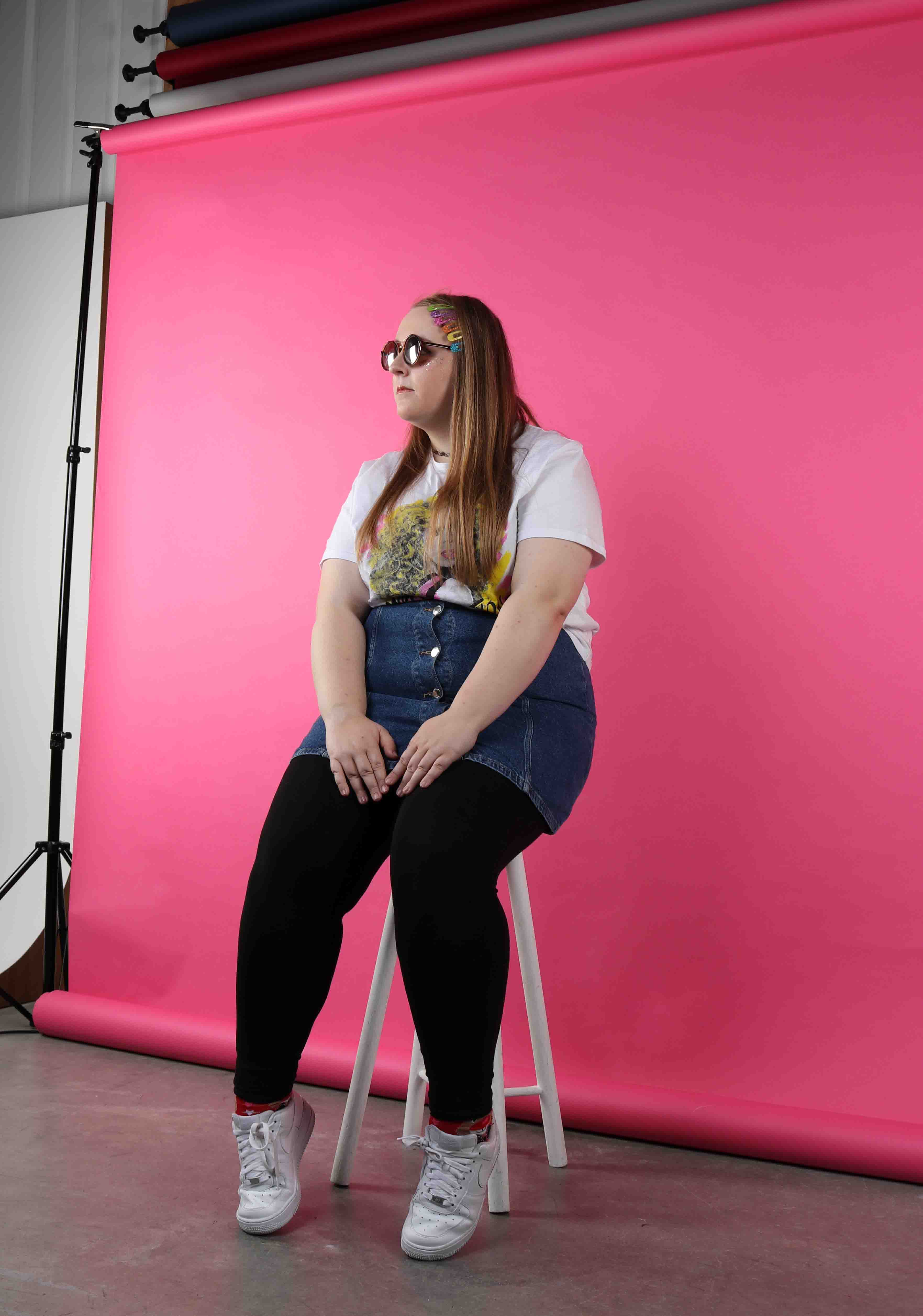 Speaking to Megan Scott a primary school assistant, 21 and Lisa Docherty a hair stylist 35 who have a combined age of half a century share their views on the taboo of being sizes 18-26 in 2018.
Speaking to Megan Scott a primary school assistant, 21 and Lisa Docherty a hair stylist 35 who have a combined age of half a century share their views on the taboo of being sizes 18-26 in 2018.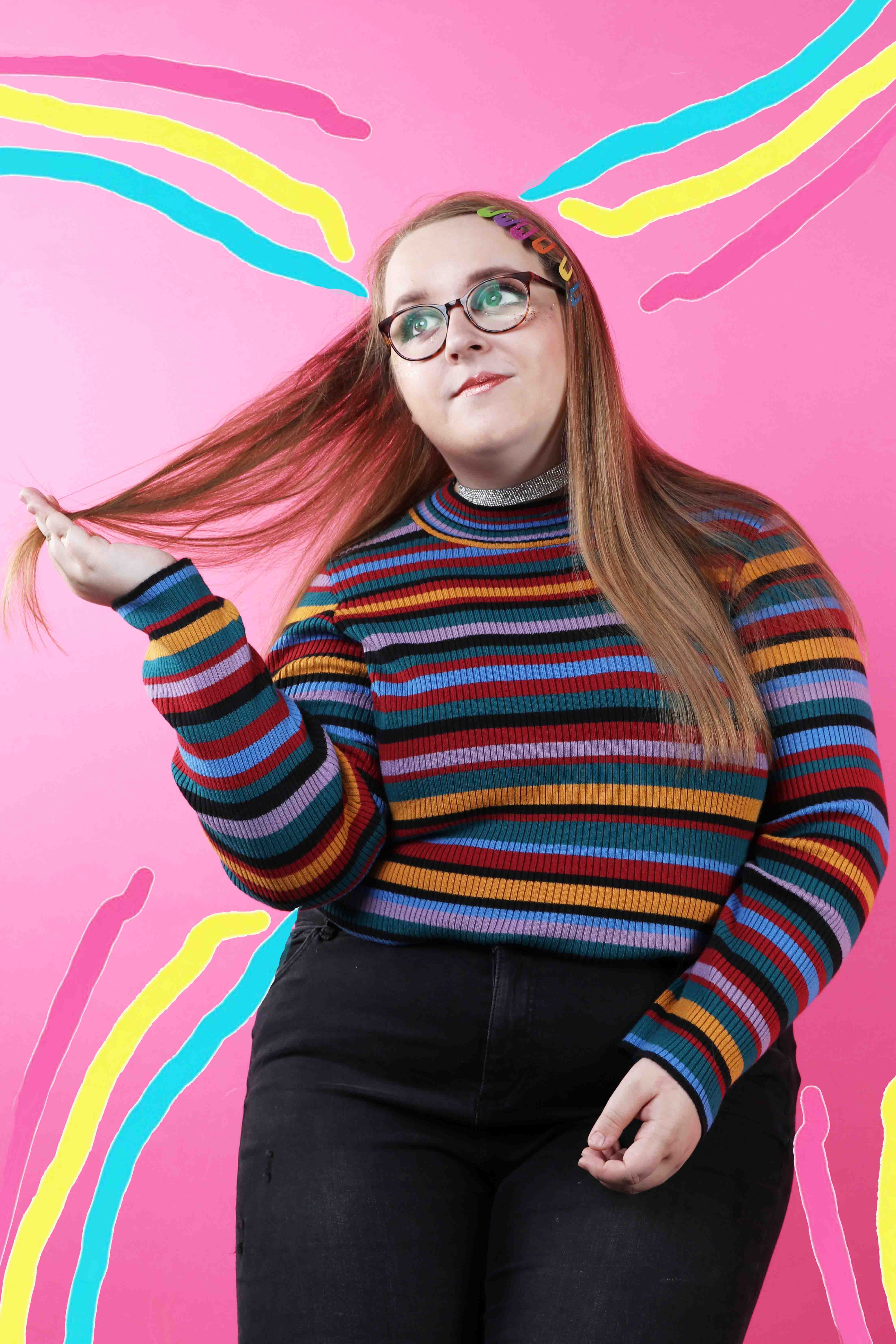 what do you think the future will hold for plus size?
what do you think the future will hold for plus size?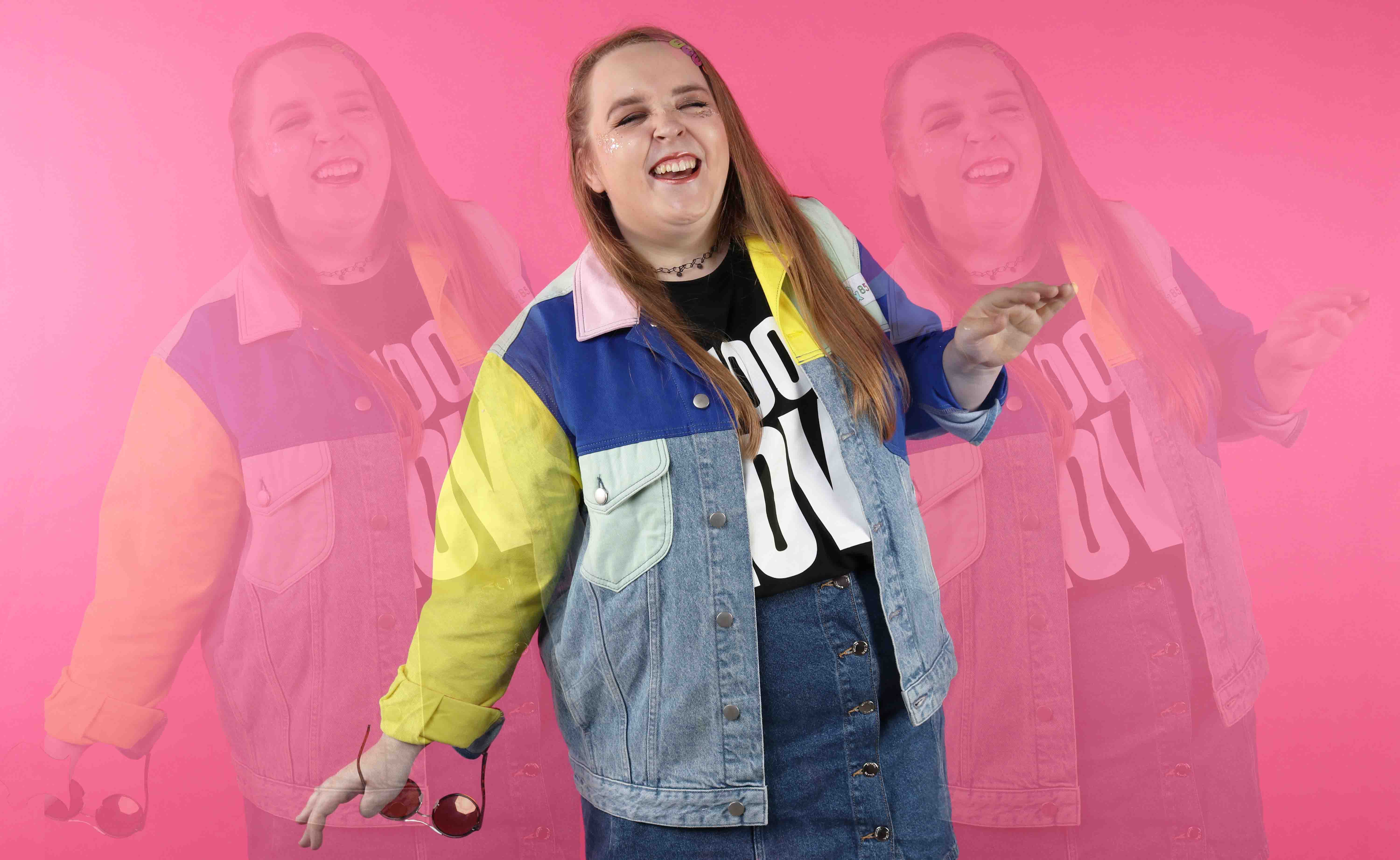
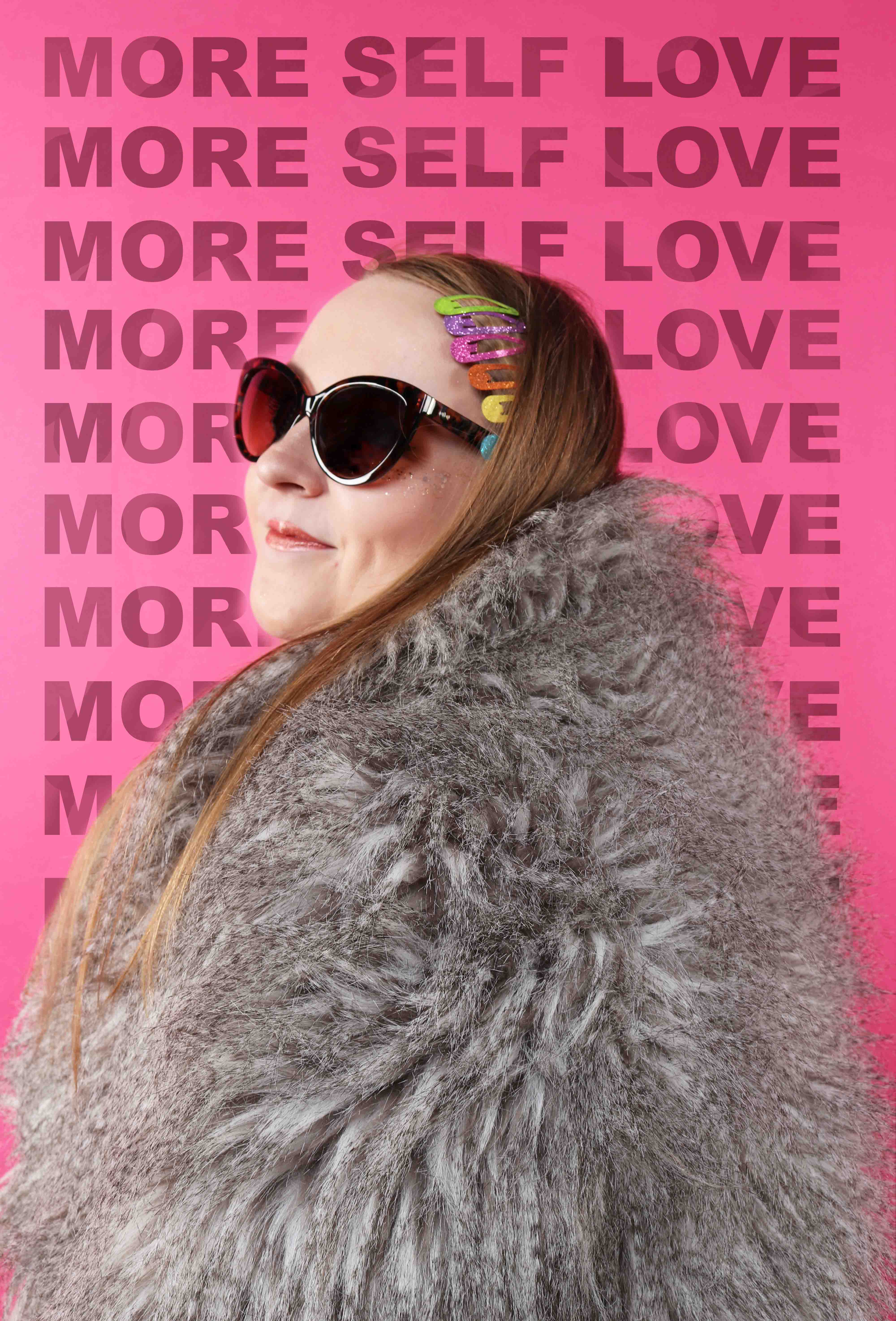
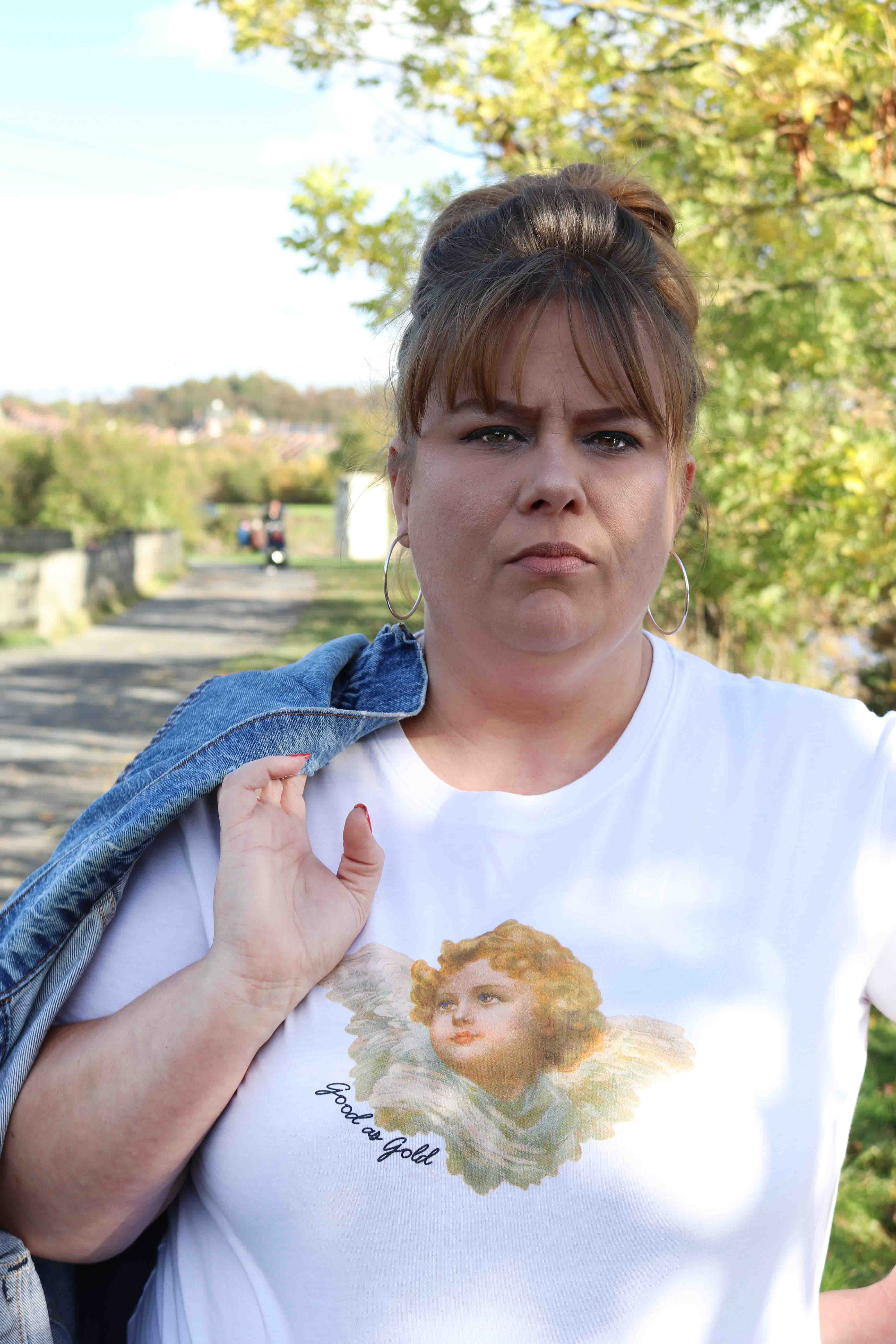 How do you think plus size fashion is viewed by people outside of the size range?
How do you think plus size fashion is viewed by people outside of the size range?